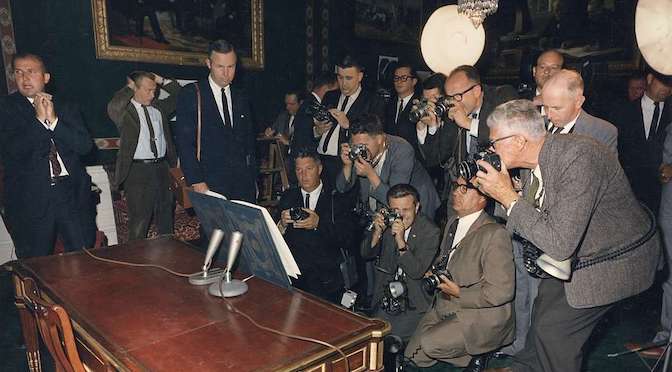Shervin Taheran illustrates the alarming trend of US presidents who indicate they can unilaterally withdraw from treaties without congressional approval. She argues the Executive Branch is not the “sole organ” to decide whether the United States can terminate a treaty.
After examining international law pertaining to treaties, Taheran discusses how constitutional principles, textual evidence, historical precedent, and policy considerations support congressional limits against the President unilaterally terminating a treaty. Despite this, she highlights that the Supreme Court has yet to rule decisively on the subject.
Ultimately, Taheran reaches two key conclusions: Congress can and should restrict the executive’s authority to terminate treaties unilaterally, and if the President ignores express congressional opposition to a treaty termination, then Congress should litigate the matter and the Supreme Court can hear the case as a justiciable issue.

